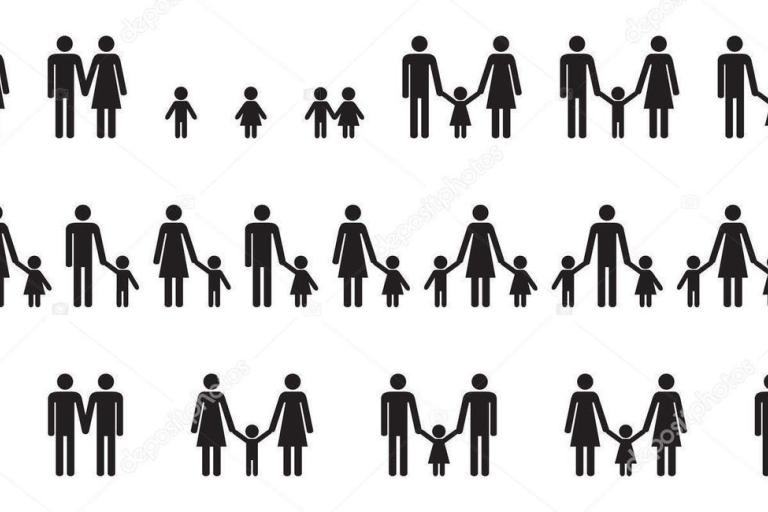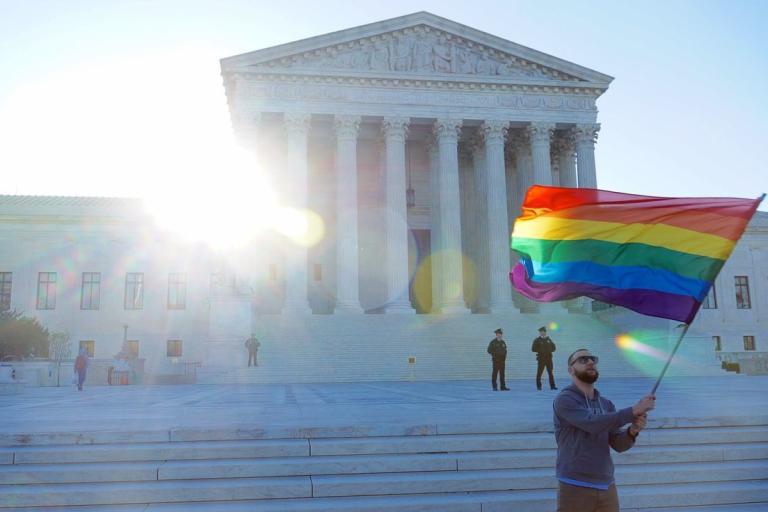The current status under federal law as outlined in Title VII of the Civil Rights Act of 1964 does not explicitly prohibit discrimination against sexual orientation or gender identity. This is alarming considering that some studies find that up to 43% of openly gay, lesbian, bisexual, and transgender employees surveyed had experienced discrimination in the workplace.
According to the Human Rights Campaign, less than half of U.S. states prohibit discrimination on the basis of sexual orientation and gender identity in the workplace.
Among those states are New York and New Jersey. Some states, such as Wisconsin, have enacted less inclusive non-discrimination laws to cover sexual orientation only, and not gender identity. Conversely, other states, such as Arkansas and Tennessee, have adopted laws that prevent the passage of local LGBT discrimination laws.
Along with a few state bills, non-discrimination against sexual orientation and gender identity is currently pending on the federal level. The Equality Act, introduced in July 2015, would set unprecedented workplace protections for LGBT workers by “[amending] the Civil Rights Act of 1964 to include sex, sexual orientation, and gender identity among the prohibited categories of discrimination or segregation in places of public accommodation.” If this bill is not passed by January 2017, the bill will be marked dead and must then be reintroduced in the following legislative term.
With LGBT employees still susceptible to discrimination in the workplace, last year’s legalization of gay marriage marks a milestone—not the finish line—for this community to obtain full protections under the law.


